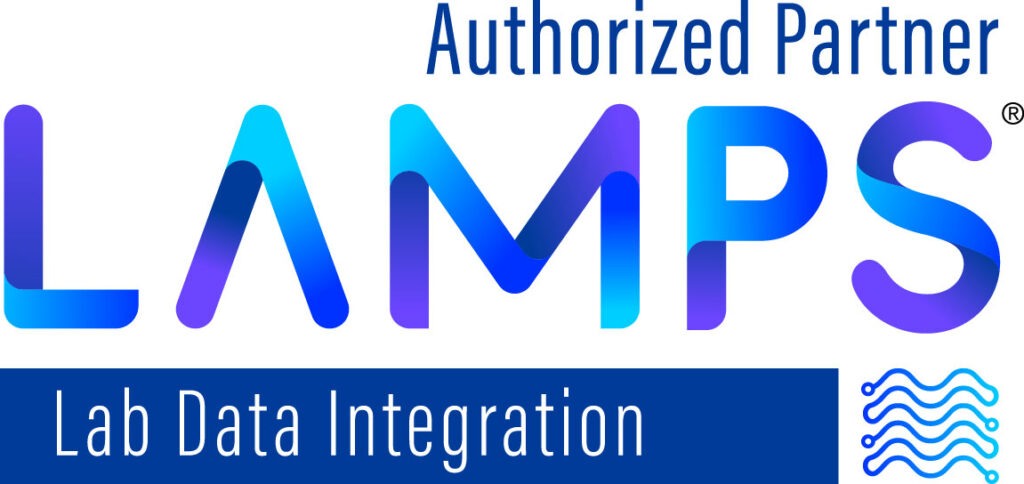Pace® AAMI ST108 Testing Services
A leader in water testing services, Pace® provides a complete portfolio of water testing services for reusable medical devices to ensure adherence to the latest AAMI ST108 water quality standards. Our water testing services cover both chemical and microbiological testing for all categories of water used to clean or disinfect reusable medical devices. In addition, we offer water management planning services to help healthcare facilities mitigate risks to patient safety from existing water systems.
Download the ST108 Water Testing
Requirements Infographic
What is AAMI ST108?
AAMI ST108:2023 is a water quality standard defined by the Association for the Advancement of Medical Instrumentation (AAMI). It defines the water quality necessary to safely process reusable medical devices, ensuring no harmful contaminants interfere with the function or safety of these devices.

Pace® is proud to announce our ST 108 integrated LAMPS resulting.
Pace® Water Testing Services for ST108 Compliance
Adherence to the ST108 standard for reusable medical devices requires three types of tests: biological contaminant testing, performance qualification testing, and basic water chemistry.
Pace® provides complete water testing services for compliance with the biological testing requirement under ST108. This includes both endotoxin and bacterial testing.
Basic water chemistry includes pH, conductivity, total alkalinity, and total hardness. Many facilities perform these tests on site, but Pace® water testing laboratories can provide testing to confirm results.
Under ST108, water chemistry testing is required for performance qualification to validate equipment, systems, and processes. Pace® water laboratories provide all required water chemistry tests including:
- Total Organic Carbon (TOC)
- Aluminum
- Copper
- Chloride
- Iron
- Manganese
- Nitrate
- Phosphate
- Silicate (Silicon)
- Sulfate
- Zinc

Need AAMI ST108 Testing Supplies?
The Pace® store offers easy-to-order kits for all types of AAMI ST108 testing needs.
Water Management Planning
Water Management Planning is an essential component of ST108. According to AAMI standard, water quality testing for medical device processing should be managed by the same team that oversees the water management program. Pace® water management planning services help healthcare organizations comply with AAMI ST108, ASHRAE 188, and all Joint Commission and CMS recommendations.
Put Pace® on Your AAMI ST108 Team
Pace® has been providing water quality testing services and guidance to healthcare organizations for more than three decades. We are experts in testing for organic and inorganic contaminants as well as waterborne pathogens in potable and non-potable water. Over the years, our experts have helped numerous facilities adhere to such critical standards as ASHRAE 188 and those recommended by the Joint Commission, the Centers for Medicare & Medicaid Services (CMS), and AAMI.
Additional Resources
Infographic: ST108 Water Testing Requirements Infographic
Info Sheet: ANSI/ASTM ST 108:2023
Info Sheet: Lead and Copper Testing Services
Info Sheet: Water Management Planning
Info Sheet: Water Infection Control Risk Assessment (WICRA)
Info Sheet: Assessing Your Legionella Risk
![]() Pace® is proud to announce our ST 108 integrated LAMPS resulting. Learn More.
Pace® is proud to announce our ST 108 integrated LAMPS resulting. Learn More.
On-Demand Webinar: Ensuring Patient Safety: Water Management Strategies in Healthcare